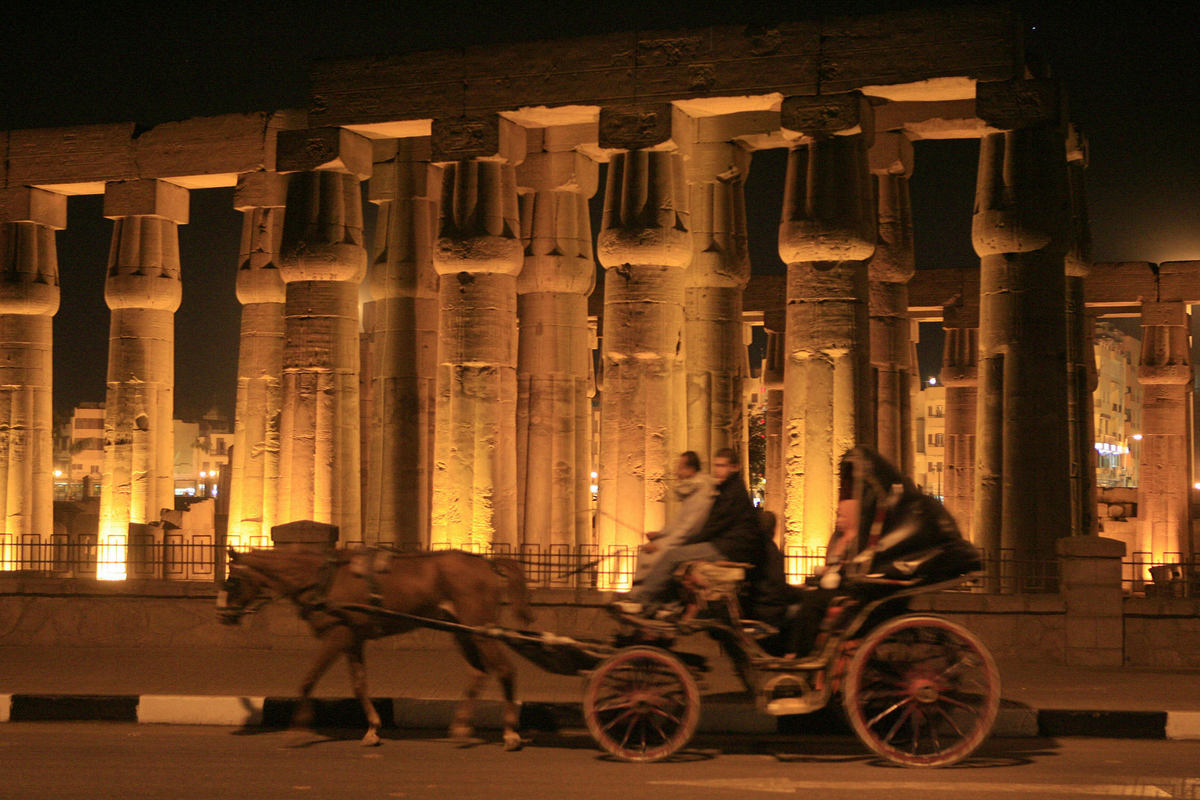Mohamed Kaoud, President of the Egyptian Junior Business Association’s (EJB) Tourism and Aviation Committee, has highlighted the importance of outlining a comprehensive plan, including alternatives, for Egypt’s tourism targets.
Kaoud’s remarks came during a symposium on the future of Egyptian tourism and the private sector’s role in tourism. The event was organised by the tourism and aviation of the Egyptian Junior Businessmen Association (EJB).
The novel coronavirus (COVID-19) pandemic has changed the vision on developing the tourism sector, he said.
He also affirmed the need to diversify tourism services by cooperation between the public and private sectors, citing Egypt’s orientation towards building new cities with high-quality services.
“Egypt has great potential to lure foreign investments in the tourism sector, especially in the new cities like New Alamein, Galala city, and Marsa Alam,” Kaoud said.
He asserted the importance of overcoming all obstacles that foreign investors face, and pointed to the Central Bank of Egypt’s (CBE) initiative to support the tourism sector. He also affirmed the importance of determining the needs of each tourist city.
Kaoud called for more attention to be paid to entertainment tourism, especially as it attracts high-spending tourists.
He urged the government to allow the private sector to invest in the aviation field and to operate flights at new airports such as Sphinx International Airport, and the airport serving the New Administrative Capital (NAC).
Kaoud pointed out event tourism will have a great role, stressing the necessity of easily offering visas for expos and conferences at the airports.
As for the recovery of traditional tourism, Kaoud expects that this segment will recover in two years to 18 months.
He predicted a leap in this sector in the fourth quarter (Q4) of 2021, due to the mass vaccination campaigns taking place around the world.
Egypt’s tourism revenues declined 70% in 2020, recording revenues of only $13bn due to the COVID-19 pandemic, compared to 2019, he stated.
Kaoud also said that the volume of tourism revenues this year will reach $500m monthly, as Egypt has coped up well with implementing anti-COVID-19 measures.
Regarding restoring Russian tourism in Egypt to its previous rates, he clarified that the matter needs the operation of more commercial flights, in addition to charter flights. This includes operating flights from Sharm El-Sheikh to all Russian cities, and stressing the importance of taking part in the Russian expos.
He pointed out that Egypt needs more five-star hotel rooms, a matter which needs large investments and cooperation between the government and private sector.
Meanwhile, Ahmed El Shal, a member of EJB’s tourism and aviation committee, said the COVID-19 pandemic has forced a reconsideration of event tourism. It has meant that the sector has had to search for new ways to hold meetings and conferences.
El Shal noted that hybrid events have become a common way to increase participation in the traditional events with fewer costs.
Hybrid events are a tradeshow, conference, unconference, seminar, workshop, or other form of meeting that combines a “live” in-person event with a “virtual” online component.
Bahaa Al Abedi, a member of the EJB’s tourism and aviation committee, said that there is a need to regulate the work of websites that book tourist trips to Egypt. This includes monitoring websites that sell tickets to Egypt, to ensure that all the tour operators are certified by the Ministry of Tourism and Antiquities.
The need for a green transformation in the tourism sector is both inevitable and essential, Al Abedi noted.
In the meantime, he applauded efforts exerted by Egypt’s Ministry of Tourism and Antiquities and the Egyptian Tourism Authority in promoting tourism in the country, despite the full or partial lockdowns that occurred worldwide.
He also asserted the importance of briefing the private sector on marketing plans targeted for each country.




